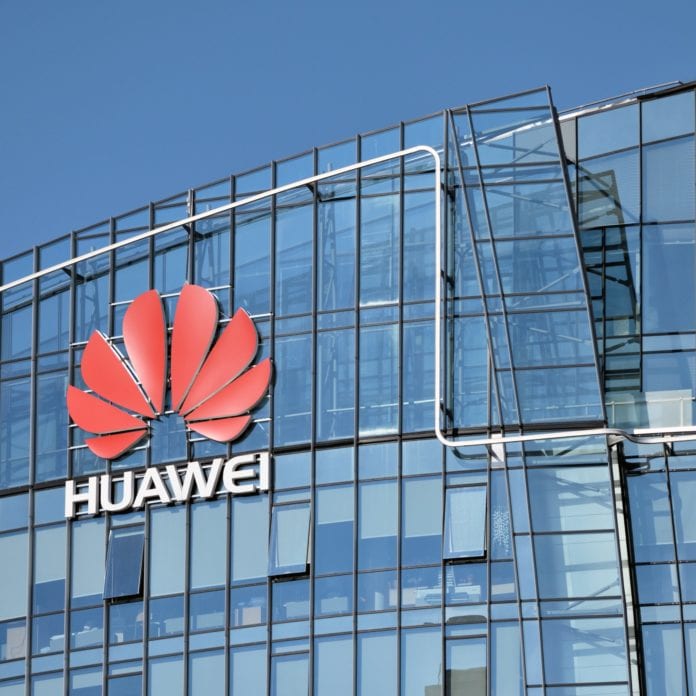The U.K. government is likely to conclude that recent sanctions against Huawei imposed by the Trump administration will make it almost impossible for U.K. carriers to use the vendor’s technology in 5G rollouts in the country., according to local newspaper The Guardian.
The new review being carried out by the National Cyber Security Agency would probably pave the way for the government to push for the total elimination of Huawei equipment in domestic telecommunications networks by 2023, according to the report.
“Following the US announcement of additional sanctions against Huawei, the NCSC is looking carefully at any impact they could have to the U.K.’s networks,” a government spokesman reportedly said.
In January, the U.K. government had decided to allow Huawei to continue providing equipment to local 5G networks but with certain restrictions.
At that time, the government said that the Chinese vendor would be banned from supplying kit to sensitive “core” parts of 5G networks; it will be limited to a minority presence of no more than 35% in the 5G radio access network.
Downing Street also said that high-risk vendors will be excluded from sensitive geographic locations, such as nuclear sites and military bases.
Local carriers Vodafone and BT are already using Huawei’s equipment in their 5G networks.
“We are happy to discuss with NCSC any concerns they may have and hope to continue the close working relationship we have enjoyed for the last 10 years,” Huawei’s VP Victor Zhang, said.
Earlier this month, the Bureau of Industry and Security (BIS) of the U.S. Department of Commerce announced plans to restrict Chinese vendor Huawei’s ability to use U.S. chipmaking equipment and software to design and manufacture its semiconductors abroad.
BIS said that the move “cuts off Huawei’s efforts to undermine U.S. export controls,” and that the government agency is amending its longstanding foreign-produced direct product rule and the Entity List to “narrowly and strategically target Huawei’s acquisition of semiconductors that are the direct product of certain U.S. software and technology.”
Huawei was added to the Entity List in May 2019, after the Department of Commerce concluded that the vendor was engaged in activities that were contrary to U.S. national security or foreign policy interests.
However, the U.S. government believes that Huawei has continued to use U.S. software and technology to design semiconductors.
Huawei Technologies Rotating Chairman Guo Ping recently said that “survival” would be the company’s key objective for 2020 as the U.S. government recently moved to further restrict the Chinese telecom manufacturer’s access to semiconductors.
“Huawei is capable of designing some products, but we are not able to do a lot of other things. Currently, the priority for Huawei is to seek survival. Survival is the key word for us at present,” Guo said during a presentation during the Huawei Analyst Summit in Shenzhen.
“Over the past year, many technologies became unavailable to us. Despite this, Huawei struggled to survive and is striving to move forward,” the executive added.
Guo also explained that the company is currently studying the latest restrictions imposed by Washington, and expressed confidence that Huawei will find a solution to these restrictions soon.

